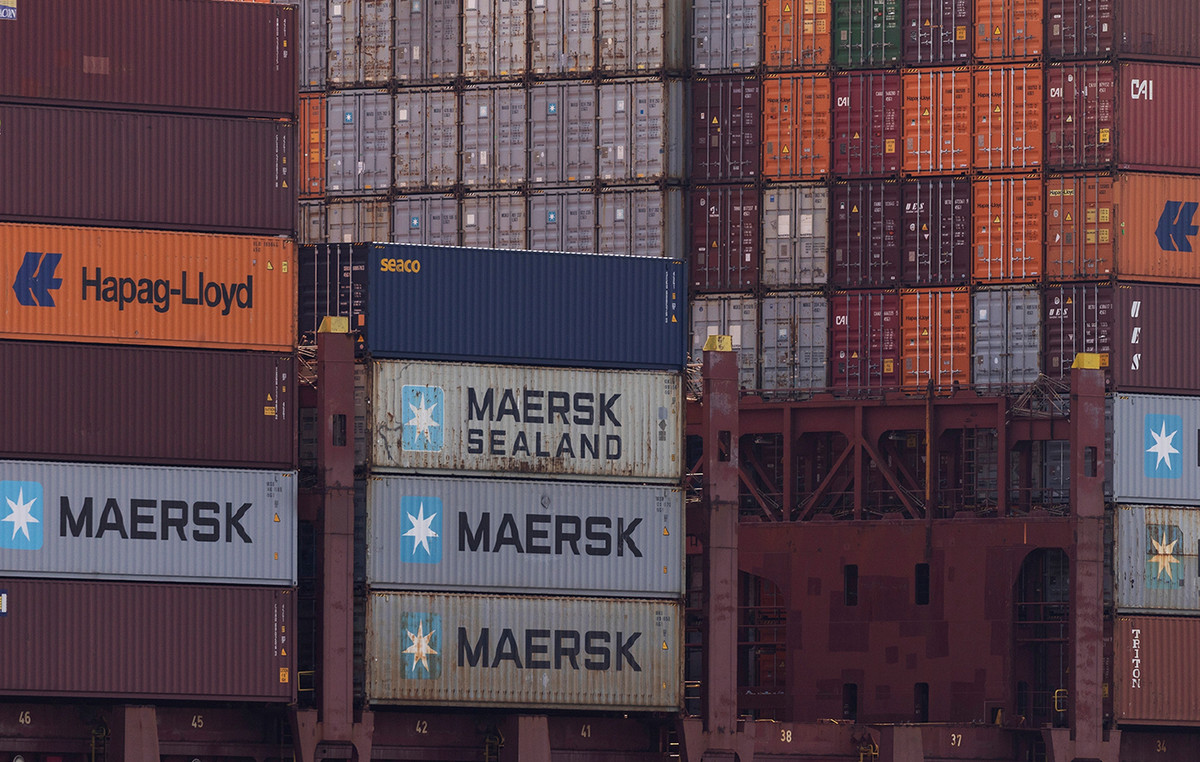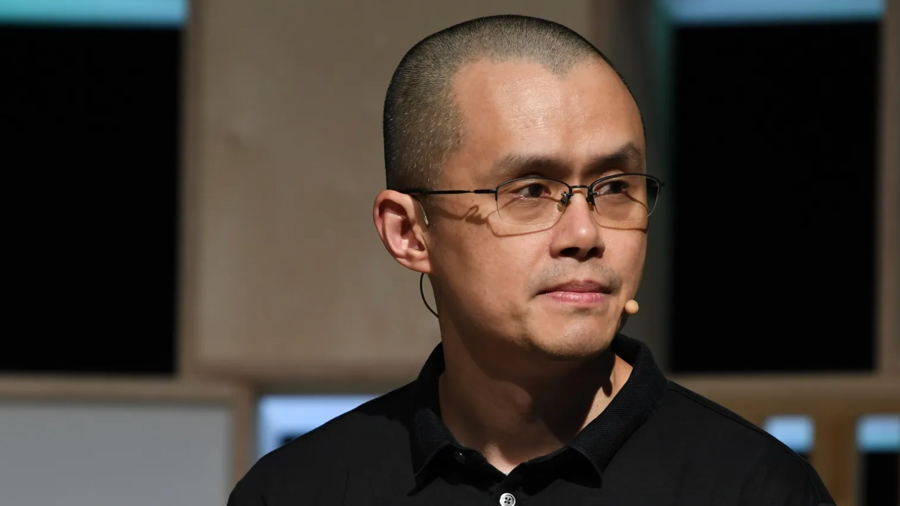The opposition to Nicolás Maduro released, on Wednesday night (30), a website that shows a vote count parallel to that officially carried out by the National Electoral Council (CNE) in the Venezuelan presidential elections.
The portal “https://resultadosconvzla.com/” is, according to the opposition, supplied by the electoral records that were obtained and digitized by the opponents.
“Edmundo won, Venezuela won. Find out the results of the presidential elections on June 28th live,” wrote opposition leader María Corina Machado in a post on X (formerly Twitter).
Ganó Edmundo, Ganó Venezuela 🇻🇪
Discover the results of the 28J presidential election live: https://t.co/ikmJWSMYss
— María Corina Machado (@MariaCorinaYA) July 30, 2024
VENEZUELA RESULTShttps://t.co/fw0C9zsNhd
— Javier Milei (@JMilei) July 31, 2024
The site was also shared by opposition candidate Edmundo González, and by foreign authorities, such as Argentine President Javier Milei, and personalities, such as billionaire Elon Musk.
The people voted overwhelmingly for Gonzalez https://t.co/OwTK3PxLIe
— Elon Musk (@elonmusk) July 31, 2024
According to the website, with 81.21% of the votes counted, the electoral race is led by candidate Edmundo González with 67% (7,119,768 votes), followed by Nicolás Maduro with 30% (3,225,819 votes).
The opposition claims that these numbers represent the records of 24,384 polling stations, out of a total of 30,026 across the country. 10,613,881 votes have already been counted, representing a participation of 60.19% of eligible voters.
A CNN It does not know how this material was processed, nor whether all the voting records that the CNE has are there, nor does it have the capacity to determine whether the results of these records are true.
Minutes are already circulating on the internet
Since Sunday’s elections (28), the CNN was able to verify that the electoral minutes containing the detailed results by electoral college and polling station are circulating on the internet.
Citizens with an identity document issued by the Venezuelan authorities can access these sites with their number, regardless of whether or not they voted in the elections held three days ago, and review the result printed in the minutes.
A CNN managed to access a website that offers the consultation service, ganovzla.comand there he was able to review the minutes that would belong to the electoral colleges of five people with Venezuelan documents.
Of the five ballot numbers entered, all correspond to the electoral college assigned to people with that identification.
The names and signatures of the members of the board and the witnesses present at the count vary in the five results obtained. The images of the minutes have an identification number apparently generated by the system, witness signatures and a QR code at the bottom.
In a video on his X account, journalist Eugenio Martínez, director of Votoscopio, said that all these elements are necessary for an eventual audit of this material.
But to get to that point, the National Electoral Council would need to deliver the details of the results. And as of Tuesday afternoon, that had not been done, nor had a new bulletin been released.

All that is known is what the president of the CNE declared on Sunday: “with 80% of the official count, Maduro had 51% of the votes.”
Contrary to the custom of publishing the results of elections by electoral college and table almost immediately on the CNE website, the current board of the body did not do so.
The Carter Center, former presidents Leonel Fernández of the Dominican Republic and Ernesto Samper of Colombia – both invited as observers – and several governments in the region have called for the publication of detailed results to dispel any doubts that have arisen.
“The non-publication is a political decision (by the CNE). We are almost certain that they do not have the minutes to support the result,” he told CNN political expert Eduardo Repilloza, general director of the civil organization Transparência Eleitoral and co-author of the book “Assim se Vota na Venezuela” (This is How We Vote in Venezuela) (2020).
Repilloza stressed that the CNE must, by law, publish the results by polling station and the minutes of the vote count, but recalled that on several occasions this has not been done. “They are not guided by whether they are obliged to do so or not. Publication is a political decision: both the time of the announcement of the first bulletin and the form have a political motivation,” he added.
“Basically, the times they didn’t publish (the complete data) it was because there wasn’t a result that corresponded to the speech,” he told CNN Benigno Alarcón, director of the Center for Political and Government Studies at the Andrés Bello Catholic University (UCAB).
The political expert also highlighted that this is the first time that there have been no minutes in a presidential election. “They have always been published because they are in the hands of the party witnesses and there is no way to deny the matter,” he added.
The CNE has not publicly responded to demands from opposition leaders and presidents in the region. On Monday, the institution’s president, Elvis Amoroso, exclaimed that “Venezuela has the best electoral system in the world.”
Source: CNN Brasil
Bruce Belcher is a seasoned author with over 5 years of experience in world news. He writes for online news websites and provides in-depth analysis on the world stock market. Bruce is known for his insightful perspectives and commitment to keeping the public informed.







